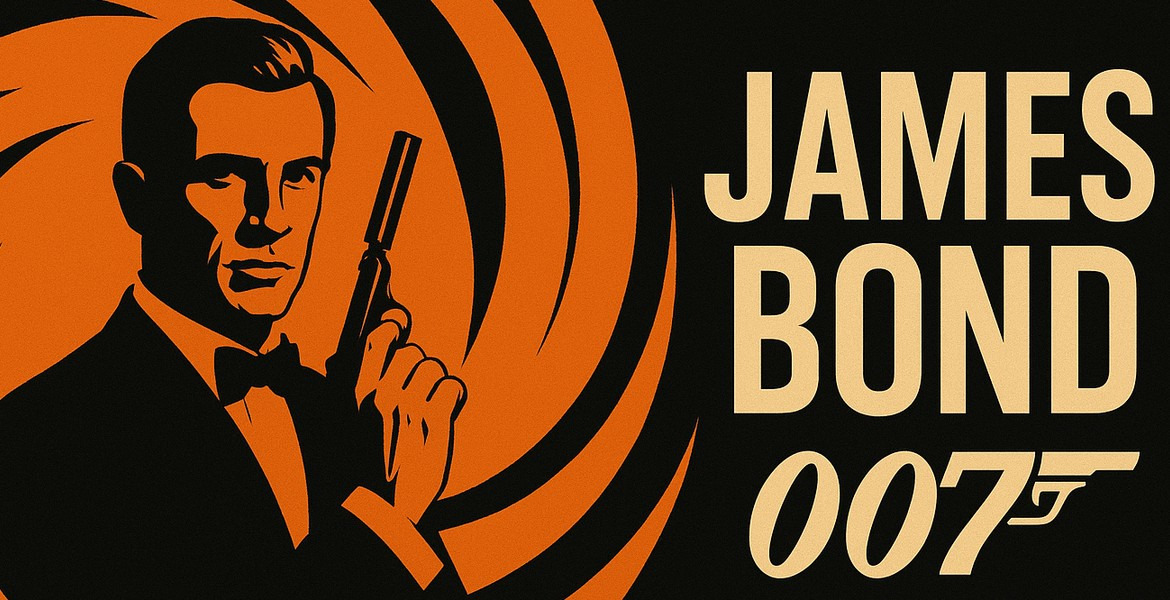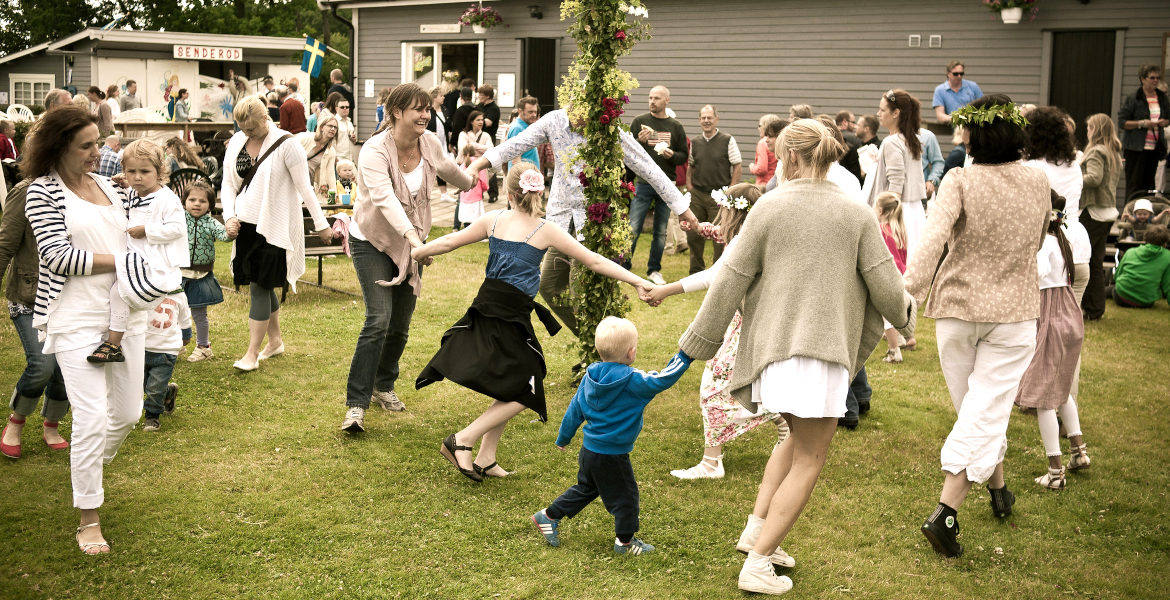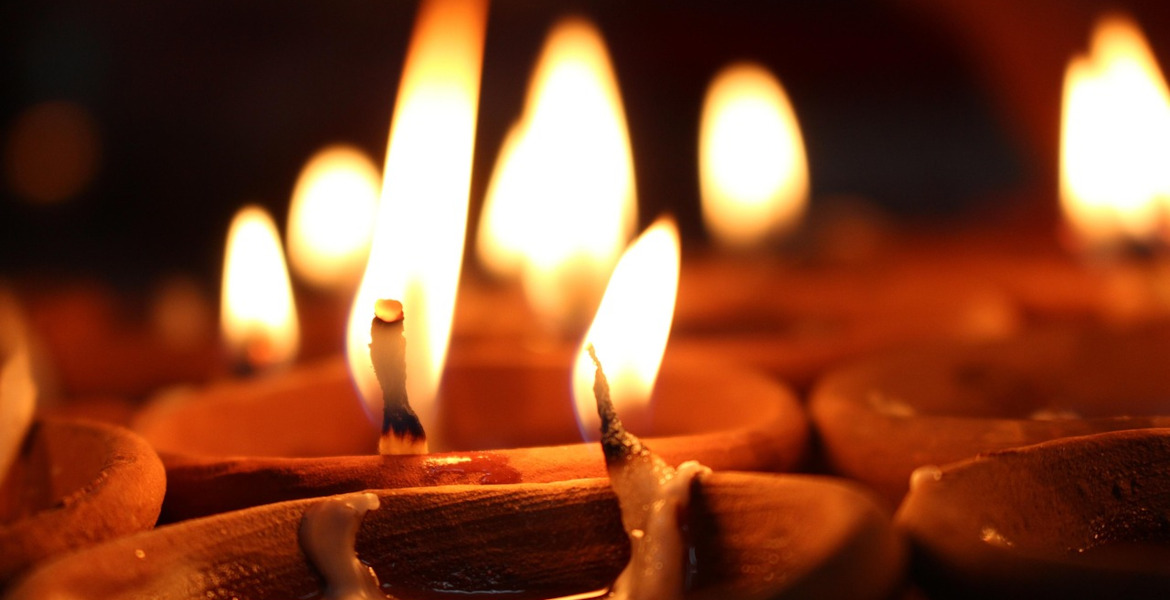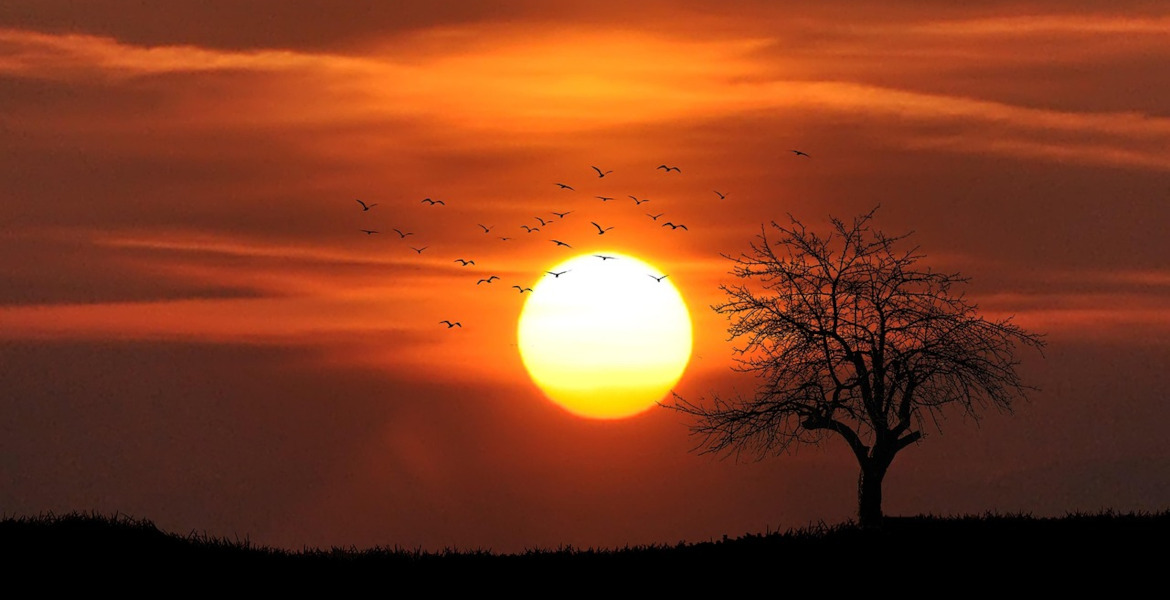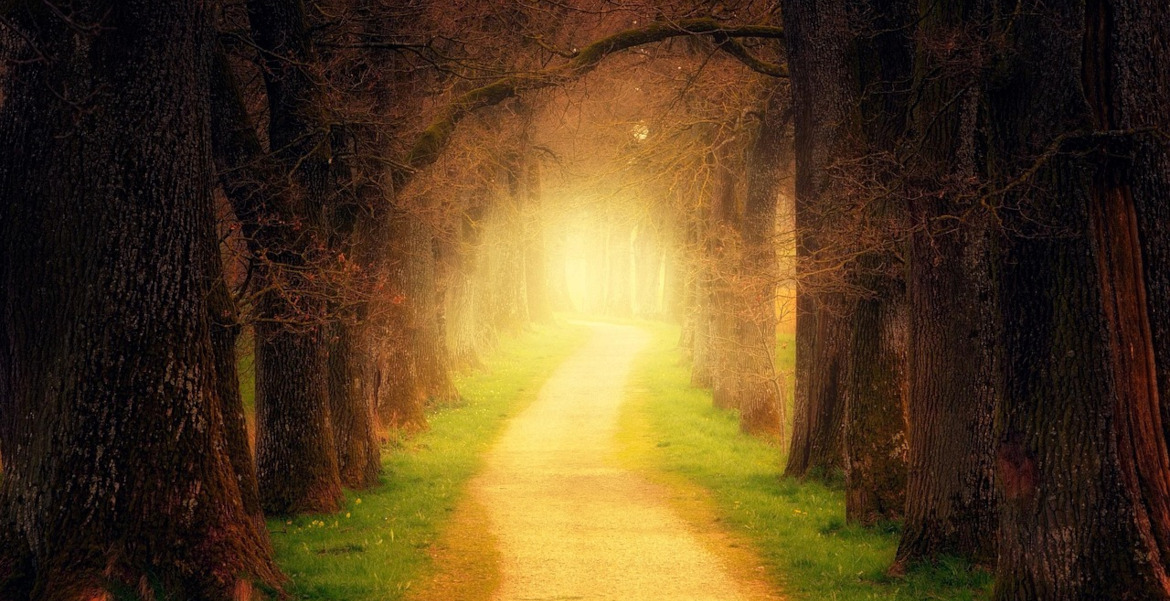In recent years, hardly any other political leader has been highlighted by the media and political establishment and praised so unanimously as Ukrainian President Volodymyr Zelensky – who in the current narrative has come to characterize the epitome of a modern patriotic folk hero.
Who is he and why is he so immensely popular with the Western power elite?
Since the start of the war in Ukraine, Western establishment media have effectively acted as megaphones for Volodymyr Zelensky’s statements and pronouncements to a global audience.
Among the wave of photographs of Ukraine’s president, images of him in military garb have become among the most iconic – with the narrative that this is a leader who personally stands up for the Ukrainian people against Russia, who cares about his soldiers and who is not afraid to face the enemy.
The article was originally published in The Nordic Times on February 8, 2025.
Born in 1978 to a Jewish family in Kryvoj Rog, Ukraine, the father was a scientist and professor of computer engineering and the mother was an engineer. Volodymyr Zelensky’s grandfather Simon was also an infantryman and later a colonel in the Red Army.
The Ukrainian President himself says that his Jewish family, like most in the Soviet Union, was not particularly religious, but that he got his “moral compass” from the Jewish tradition and that one of the traits he says he has inherited is that he does not tolerate any lies.
Volodymyr Zelensky graduated from the Kiev National Economic University in 2002 with a law degree but has never worked as a lawyer, choosing instead to focus on a career as a comedian and actor, including with the production team Kvartal 95, which has produced and starred in a wide range of TV programs, shows and films since the mid-90s. These have included the group’s homoerotic portrayal of the traditional Cossacks, an East Slavic ethnic group with strong ties to both Ukraine and Russia that have become symbolic in both countries of national history and spirit.
From TV president to real life
In 2015 – four years before Zelensky became president in real life – he starred for three seasons in the TV series “Servant of the People”, in which he plays a history teacher who, by chance, becomes president of Ukraine with the mission of fighting oligarchs and corruption. During the war in Ukraine, a large number of TV channels around the world – including Sweden’s SVT – bought the series.
In March 2018, members of Zelensky’s production team Kvartal 95 announced the registration of a political party called “Servants of the People” – the same party name under which Zelensky’s character came to power in the TV series. On December 31, Zelenskyj also announced on live television that he is running for president with the hope of defeating incumbent Petro Poroshenko.
At the same time, many have pointed out that it was not Zelensky’s own idea to run for office, but that his political career was driven by the Jewish-Ukrainian multi-billionaire and former governor Ihor Kolomojskyj, who wanted to remove the incumbent president Petro Poroshenko. This was partly because he wanted to nationalize PrivatBank, Ukraine’s largest bank – which is also owned by Kolomojskyj.
According to academic analyst Andrew Joyce, Kolomojskyj used his extensive assets and media companies to create “Servant of the People” with the aim of creating a TV series so close to reality that viewers would associate Zelensky as a person and not just his character as the one to fight the widespread corruption in Ukraine – and thus make him the favorite to win the election.
And so it was, Zelensky won the presidential election after an almost entirely virtual campaign and without a detailed ideological platform. Ihor Kolomoyskyi was also rewarded for his efforts when the newly elected president cancelled the nationalization of the big bank and returned it to the notorious oligarch, who has also been accused of financing the far-right Azov Battalion.

Criminal oligarchs
Ukrainian media have also reported how Zelensky and his partners may have received up to $40 million from various offshore companies linked to Kolomojskyj.
One consequence of the oligarch’s shady dealings coming to light is that he and his family are no longer allowed to enter the United States, as Kolomojskyj is believed to be involved in widespread fraud and money laundering. However, the links do not appear to have had any major consequences for Zelensky and the president has consistently denied that he is or has been involved in any illegalities, despite repeated accusations.
Viktor Pinchuck, another Jewish oligarch and Ukraine’s second richest man who also aims to liberalize Ukraine and bring the country closer to NATO, the US and the EU, has, according to analysts, put a lot of energy into trying to influence Zelensky and his policies.
Zelensky also has good relations with other oligarchs, such as the Russian-Jewish Roman Abramovich, against whom the West has wanted to impose a series of sanctions because of the war, with Zelensky appealing to US President Joe Biden to stop sanctions against Abramovich.
The fact that Zelensky is praised by US and EU leaders is not difficult to understand in light of the foreign policy he advocates. Among other things, the president wants Ukraine to distance itself from Russia and join the EU and NATO – memberships he says the Ukrainian people have shown they support. An application for EU membership was also submitted in February 2022.
At the same time, the president has shown more totalitarian tendencies – not least in connection with the war in Ukraine, when he suddenly decided to ban large parts of the political opposition in the country, using the country’s martial law.
Earlier in March, 11 Ukrainian political parties were banned on the grounds that they were linked to Russia. These included the Opposition Bloc, the largest opposition party in the Ukrainian parliament and by far the most popular party among the Russian minority in the country. Several Ukrainian media channels with alleged links to Russia were banned at the same time.
Disappointed with Israel
Zelensky’s relationship with Israel appears to be somewhat complex. The president has previously declared that Israel and the Jewish people are “a unique people” and that “the Jews managed to build a country, to elevate it, without anything except people and brains”. He has also praised Israel’s military capabilities and ability to fight its enemies and external threats.
At the same time, he is highly critical of not receiving the support he wants from Israel during the war and is upset that Israel will not share its missile systems with Ukraine.
– Ukraine made the choice to save Jews 80 years ago. Now it’s Israel’s turn to make its choice… Everybody knows that your missile systems are the best… and that you can really help save our people, save the lives of Ukrainians, of Ukrainian Jews.
The Ukrainian president has also expressed anger that Israel has not yet chosen to impose strong enough sanctions on Russia or put pressure on Russian companies, saying that what is happening now in Ukraine is comparable to the Holocaust during the Second World War – and that Israel thus has a moral obligation to intervene.
– Our people are now wandering the world, searching for a place, just as you once wandered, he said in his address to the Knesset.
Zelensky has also attended the infamous globalist think tank World Economic Forum‘s Davos meeting and also the EU Parliament where he has argued that Ukraine should become the obvious “leader” of Eastern and Central Europe. The EU leadership’s support for Zelensky was also evident after his speech to the EU Parliament when he was greeted with a standing ovation.
It is clear that the tributes to Zelensky paradoxically emphasized the national patriotic struggle in a way that is unique in the dominant narrative of the mainstream media over the past 20 years. How the saga of the West’s new folk hero ends remains to be seen.


